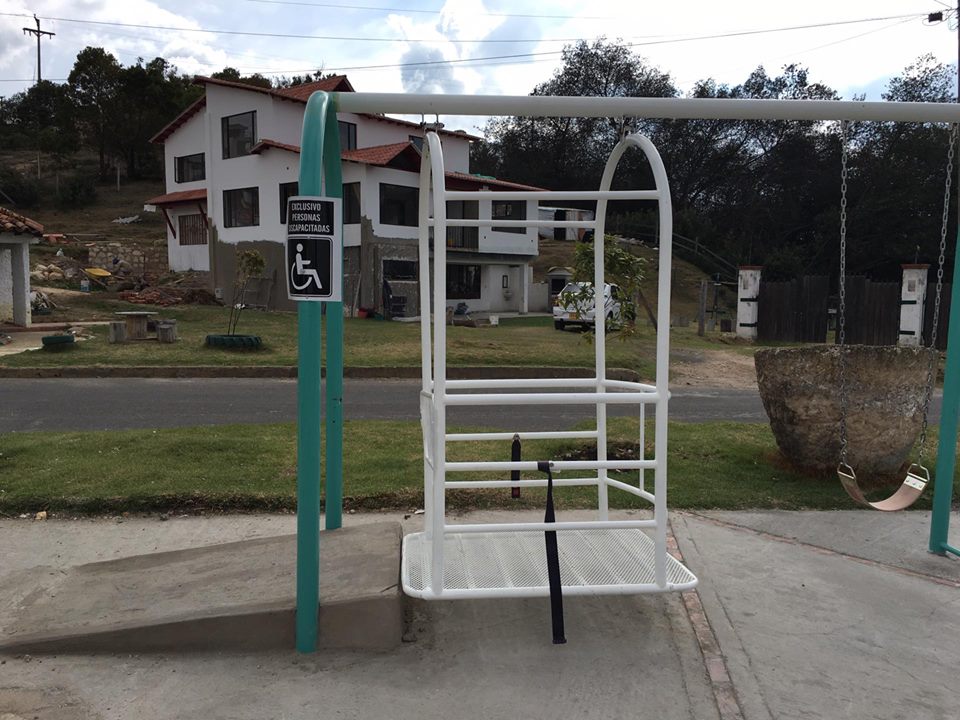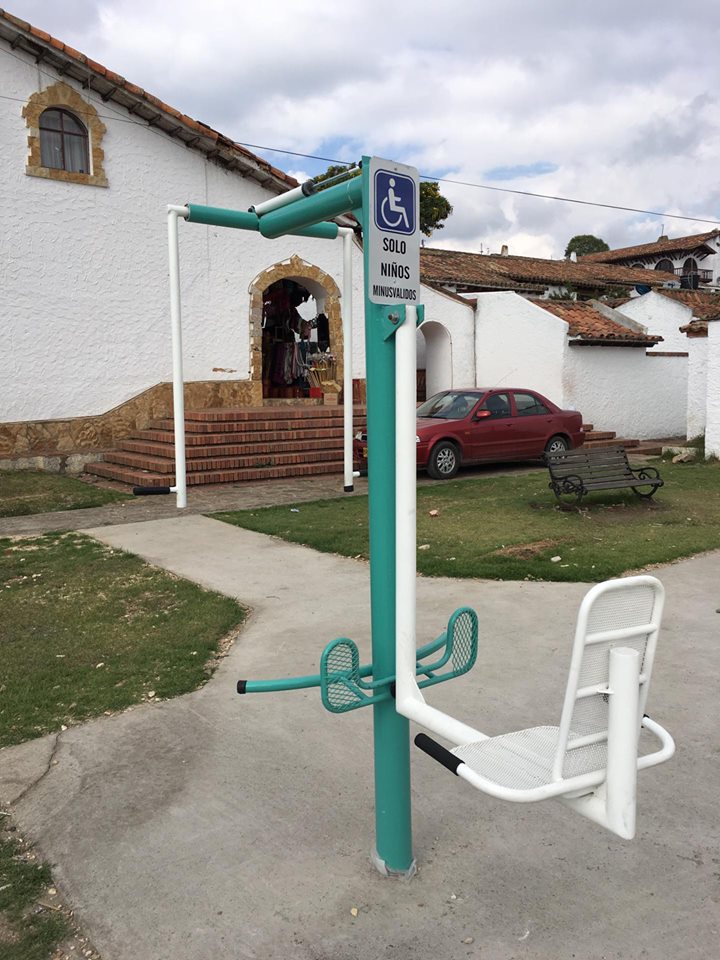Summer Fun and Discrimination against Kids (with or without disabilities)!
By: Matthew Dietz

Unless the housing facility is a qualified 55 and over housing development, a housing provider cannot have rules that treat children differently, and less favorably than adults. When the US Congress amended the Fair Housing Act in 1988, it prohibited housing practices that discriminate on the basis of familial status.When it amended the Act, Congress recognized that “families with children are refused housing despite their ability to pay for it.” In addition, Congress cited a HUD survey that found 25% of all rental units exclude children and that 50% of all rental units have policies that restrict families with children in some way. The HUD survey also revealed that almost 20% of families with children were forced to live in less desirable housing because of restrictive policies. Congress recognized these problems and sought to remedy them by amending the Fair Housing Act to make families with children a protected class. So any rules, that do not have a legitimate safety justification, cannot indicate a “preference, limitation, or discrimination” against children under the age of 18. This includes rules that prohibit children from common areas in the facility with or without supervision, or limit the facilities of the housing development to adults. All rules must apply to children and adults equally, and cannot solely target children’s behavior.
If rules have a legitimate safety rationale, then such rules may be legitimate. But, again rules such as all children under sixteen must be supervised by an adult does not have a safety rationale, but a discriminatory basis against loud teenagers. On the other hand, a fifteen year old at a gym may injure him or herself on free weights without having supervision.
Summer camp must be inclusive
Over the past fifteen years, I have had several cases involving children who were not permitted to go to the summer camp of their choice, or were segregated in the summer camp because of the child’s disabilities. A summer camp, like any other public accommodation under the Americans with Disabilities Act, must provide reasonable accommodations for campers with disabilities, and must not segregate them from oth er students. Camps operated by governmental entities or colleges have a broader duty to accommodate campers with disabilities than some private entities that do
er students. Camps operated by governmental entities or colleges have a broader duty to accommodate campers with disabilities than some private entities that do
not have the same resources as a governmental entity. Examples of situations which I have encountered over the years are as follows:
- Children who are Deaf – Deaf kids have the right to a qualified sign language interpreter for all programs and services of a camp that involve communication that is long, complex, or important. Examples of this would be instructions on how to play a complicated game, story time, puppet shows, and educational instruction. If there are games that involve communication, then an interpreter would be appropriate so the Deaf child is included.
- Autistic kids – If a child who lives with autism has a one-on-one aide at school, for the same reasons, that child may need a one-on-one aide at a camp. Further, if a child needs further instruction in a game, or assistance with social interactions, that would be an accommodation that must be provided.
- Kids who have a medical condition such as Diabetes – If a child has a medical condition, or needs assistance with a medical condition, such as diabetes or HIV, then the question is whether the child poses a direct threat to his or her own health or the safety of others. If a child needs minor assistance with a medical condition, or can manage his or her own medical needs and monitoring, a camp cannot discrimi
 nate against these children.
nate against these children. - Kids with mobility impairments or other physical disabilities – Camps, like any other public accommodations, must have their facility accessible to children with disabilities. Older camps must do modifications that are readily achievable, easily accomplishable and able to be carried out without much difficulty or expense, and those camps altered or built after 1991 must be constructed accessibly. The camp is also responsible for making reasonable accommodations for campers with disabilities, which may involve some personal services, such as assistance in dressing, if similar services are available for able bodied campers.
- Kids with allergies – Kids who have allergies cannot be excluded from camps, and camps must be prepared to exclude certain allergens to accommodate a camper, and be trained in the event a camper has an allergic reaction. It would not be unreasonable to expect camp counselors to learn how to administer epinephrine auto-injector (“Epi-pen”) shots and dispense asthma medication, assist in administering Diastat for seizures in emergencies or otherwise teach camp counselors in basic first aid or CPR.
Parents can choose to send their child to a segregated camp, because some camps may provide special skills or advantages for children with disabilities, but the choice of going to a specialized camp is a choice, such as camps where all children are deaf.
However, all children may not be able to go to integrated camps. For example, there may be children with developmental disabilities or intellectual disabilities who would not be able to care for themselves at a sleep-away camp, and it would be a fundamental alteration of the camp’s programs to develop a program for one child’s disability. Further, if a child is dependent on mechanical supports, a camp would not be required to hire medical personnel to accommodate medically complex children. For these kids specialized camps are a phenomenal way to get out and enjoy the community. For example, Nicklaus Children’s hospital operates the VACC camp for technologically dependent children which includes swimming, field trips to local attractions,campsite entertainment, structured games, “free play”, to promote family growth and development while enhancing these kids’ self-esteem and social skills.
It’s so damn hot – my kid has asthma and needs an air conditioner
Last year, we represented a mother who had a child who lived in HUD-subsidized low-income housing. Asthma is often triggered by inhalation of air particles that contain allergens such as pollen, mold spores, dust mite droppings and animal dander. Air conditioners contain filters that collect and store these particles, keeping intake to minimum. Air conditioning also helps eliminate humidity on hot Florida nights which enables mold and algae to grow much more rapidly than it could if it were living in dry air. Some children and adults suffer from asthma to the degree that not having air conditioning may result in serious harm and hospitalization. Requesting to install an air conditioner unit in a home or apartment would be a reasonable accommodation for a person with a disability.
According to the Fair Housing Act, a tenant with a disability can request a reasonable modification. According to HUD Guidance, “A reasonable modification is a structural change made to existing premises, occupied or to be occupied by a person with a disability, in order to afford such person full enjoyment of the premises. Reasonable modifications can include structural changes to interiors and exteriors of dwellings and to common and public use areas.” Under the Fair Housing Act, a housing provider must permit the modification, the tenant is responsible for paying the cost of the modification. If the housing provider is a public housing authority or a housing provider that receives federal financial assistance, the modification must be paid for by the housing provider unless providing the modification would be an undue financial and administrative burden.
Another example modifications can be a pool lift!
Discrimination in Pool Rules
- No inflatable flotation devices.
- Water wings, swimmies, floats, bathing suits rings, and other inflatable devices are not permitted in the pools.
- Absolutely no dogs allowed in pool area
Also, under the Fair Housing Act, persons with disabilities can ask for “reasonable accommodations in rules, policies, practices, or services, when such accommodations may be necessary to afford … person(s) [with disabilities] equal opportunity to use and enjoy a dwelling.” So when a person is required to use water wings, floats, special swimming devices, they can do so. In order to request an accommodation, the person needing an accommodation should ask the housing provider, and if the disability is not obvious, then the person may need to obtain verification from a doctor, therapist, or any other provider verifying the disability and need for the accommodation.
In addition, “no dogs allowed” rules do not apply to service or emotional support animals, where their presence is necessary for the person with a disability equal use and enjoyment of the premises. The Fair Housing Act and the ADA does not override public health rules that prohibit dogs in swimming pools. However, service animals must be allowed on the pool deck and in other areas where others are allowed to go.













